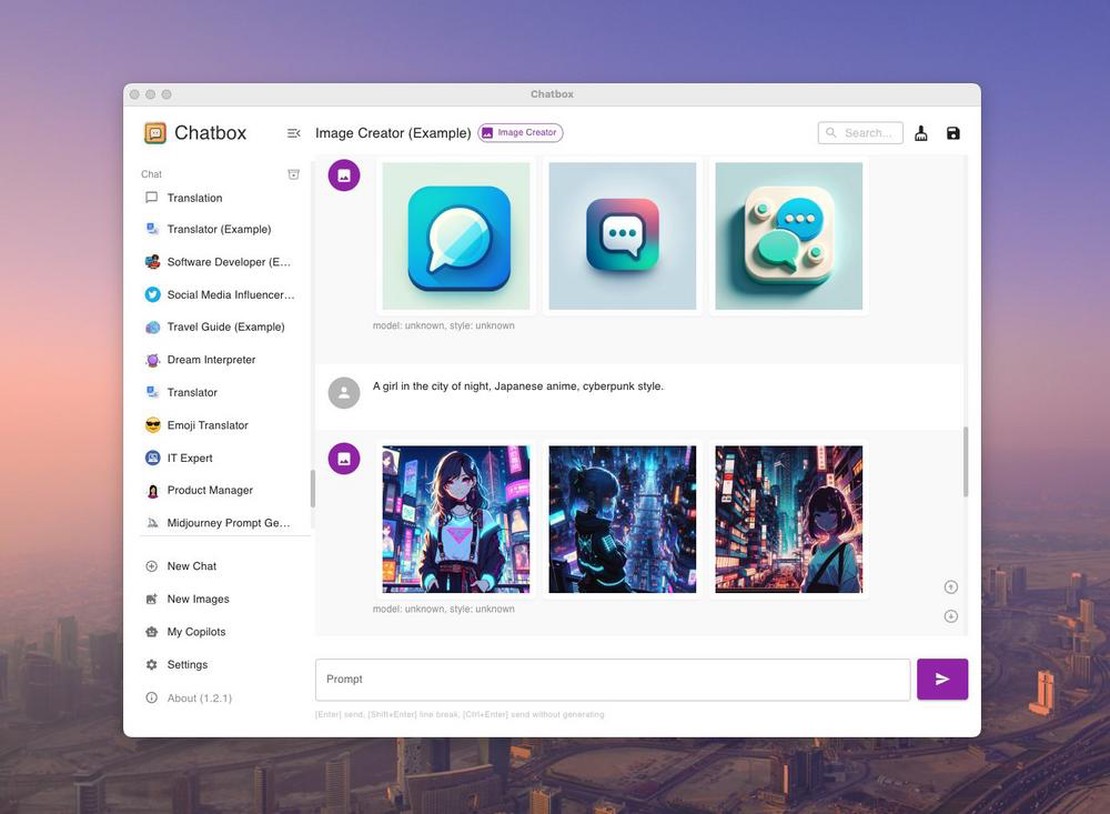Introduction to the Legal Aspects of ChatGPT Usage
In today’s digital world, where AI systems like ChatGPT are increasingly integrated into businesses, it’s essential to understand the legal framework. While AI can assist us in many areas, it can also present legal pitfalls. From data protection to liability and IT security, many aspects must be considered. But don’t worry – we’ll guide you through the legal jungle while you’re perhaps streaming the latest episode of your favorite series.
Data Protection: DSGVO-compliant Solutions for Businesses
The General Data Protection Regulation (GDPR) is notorious for keeping businesses awake at night – and rightfully so! These rules ensure the lawful handling of personal data and protect user privacy. When using ChatGPT, it’s crucial to ensure all data is securely stored and processed. Specifically, the chatbot should not only be smarter than your best friend, but also handle the data of German users with the necessary compliance. A SaaS product that complies with the GDPR is the ideal solution – allowing you to chat comfortably without worrying about penalties.
IT Security and BaFin Requirements in AI Deployment
We’re now delving into the next chapter of the legal adventure regarding IT security and requirements of the BaFin (Federal Financial Supervisory Authority). The use of AI in financial applications necessitates specific security measures. Your systems must not only be secure but also meet the highest standards to avoid attracting regulatory scrutiny. This is akin to a high-level video game; you must be careful not to fall into regulatory traps. A solution complying with BSI standards ensures that your sensitive data doesn’t fall into the wrong hands.
User Rights and Transparency Requirements
To build user trust and prevent legal problems, a company must respect user rights. This means that every person interacting with a chatbot should have access to their data and understand how it’s used. Transparency is key here. You wouldn’t want your users to feel like they’re in a magical cauldron of data and information without knowing what happens to it. A clear approach to data handling fosters trust and a positive user experience.
Liability and Responsibilities in ChatGPT Usage
Now for the age-old question of “who’s to blame?”: If an AI system provides a wrong or misleading response, who bears responsibility? Users? Developers? This is a question many legal experts are wrestling with. However, it’s crucial for companies to establish clear agreements and inform users about responsibilities in different scenarios. This prevents unexpected legal disputes and ensures all parties are clear about their roles beforehand, ideally before the first user shakes their head in frustration.
Practical Tips for Legally Sound Implementation
Legally sound implementation of ChatGPT in your business can be challenging, but with the right tips, it becomes easier. Ensure all employees involved are regularly trained on data protection, IT security, and user rights. Furthermore, establish a transparent documentation system showing your adherence to regulations. Remember: a systematic approach not only guarantees legal security but also fosters a better work environment – benefiting everyone in the office.
Customization Options for Individual Business Needs
One major advantage of SaaS solutions is their flexibility. Every company is different, and thus chatbot requirements vary. Perhaps you want to integrate your company’s unique identity or link it to existing communication tools like Teams or Confluence. Thankfully, many providers offer customizable solutions, enabling you to get precisely what you need. Your chatbot should fit like a tailored suit – if too big or too small, it will simply stand out.
Conclusion: Using ChatGPT Responsibly in the Workplace
In conclusion, responsible deployment of AI like ChatGPT requires careful consideration of legal aspects. From data protection to liability and transparency, the challenge might initially appear daunting. However, with a well-defined strategy and suitable tools, you can ensure your company is legally and practically prepared. If you need additional support for a legally sound implementation, check out document-chat.com – a tool complying not only with the GDPR but also intelligently.
